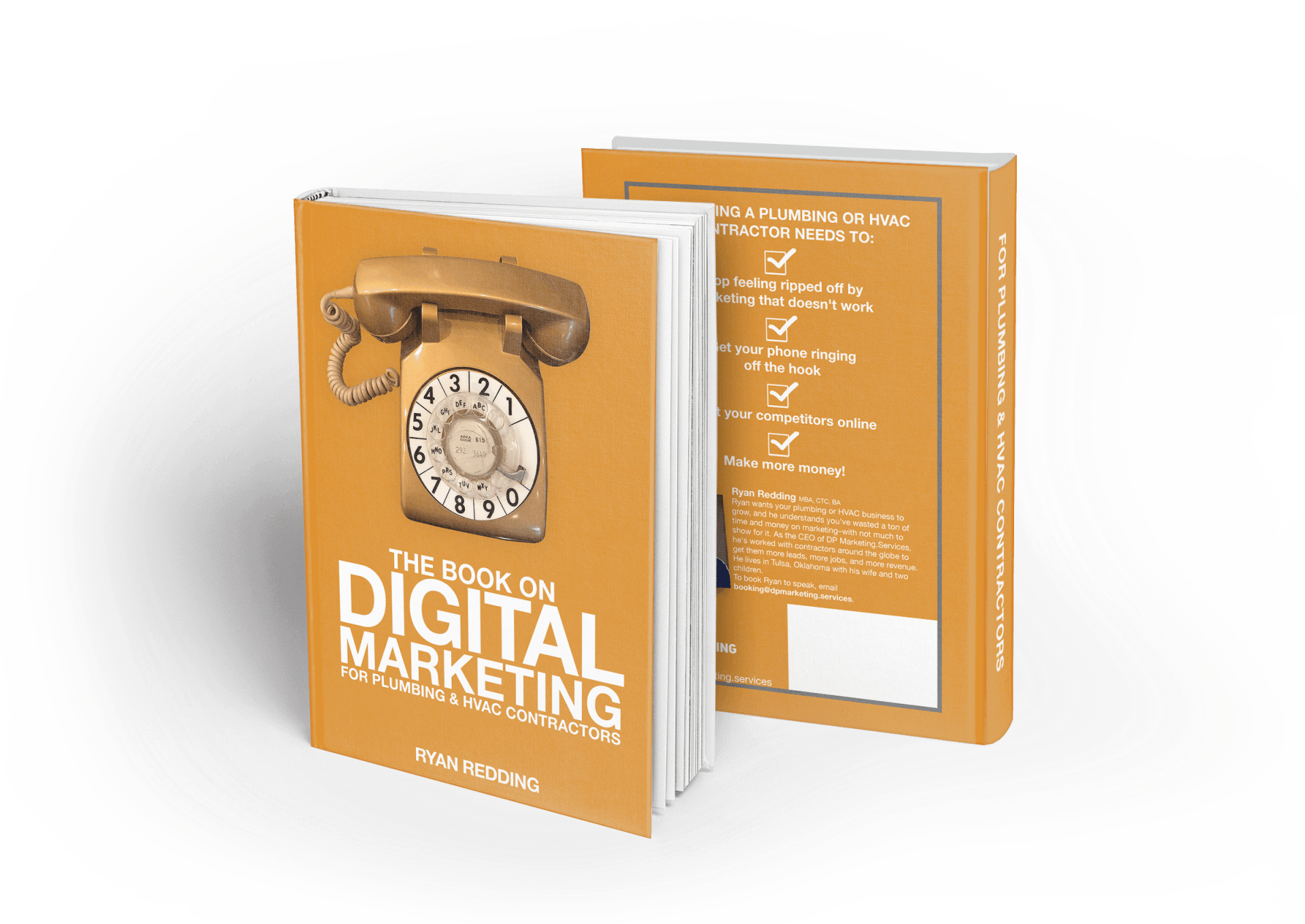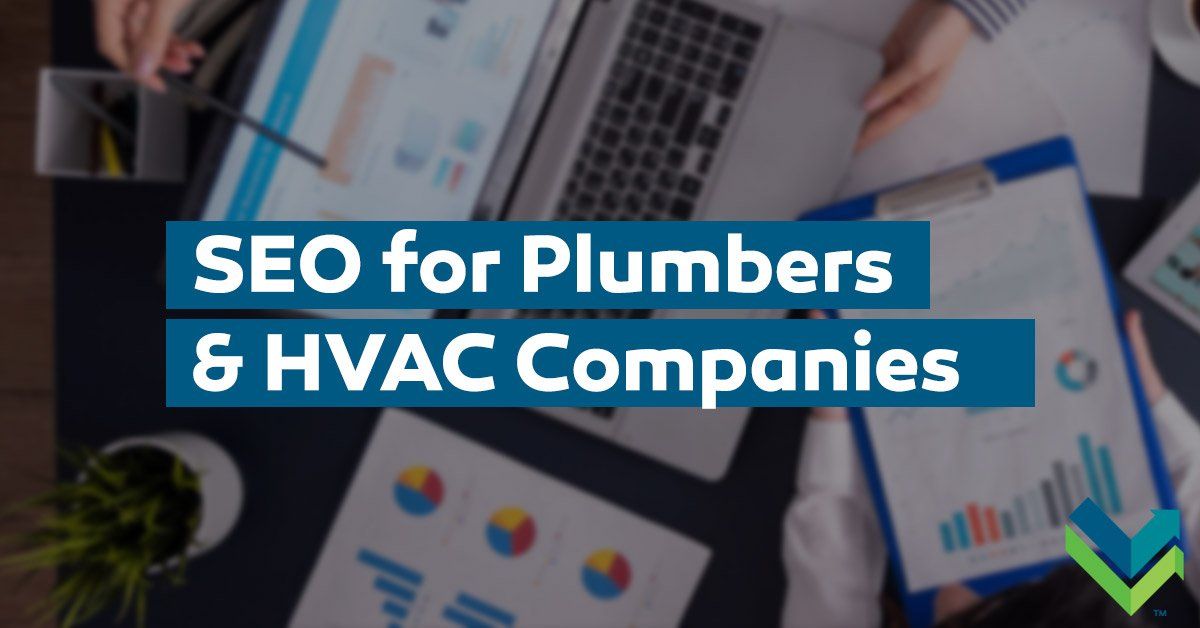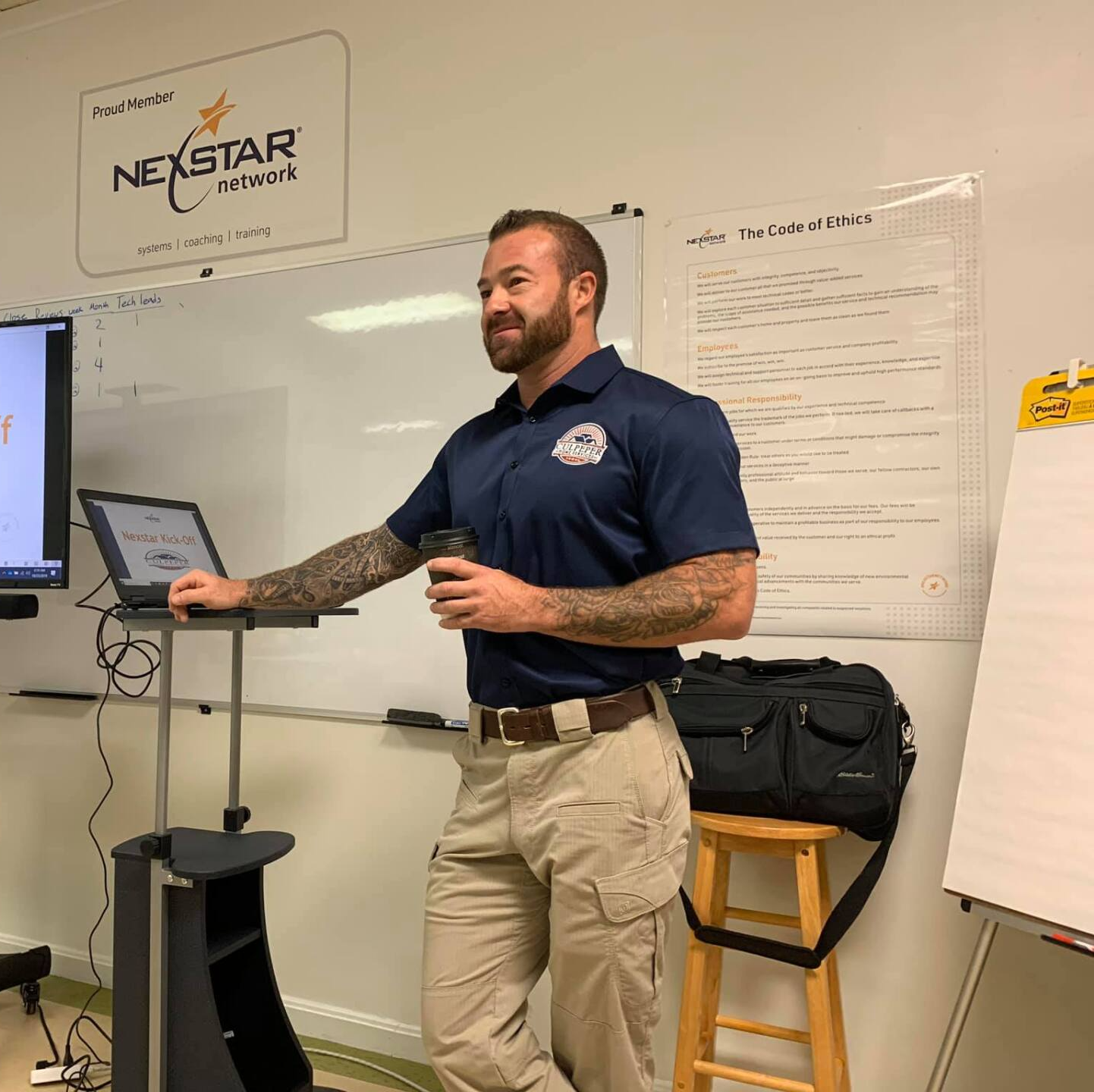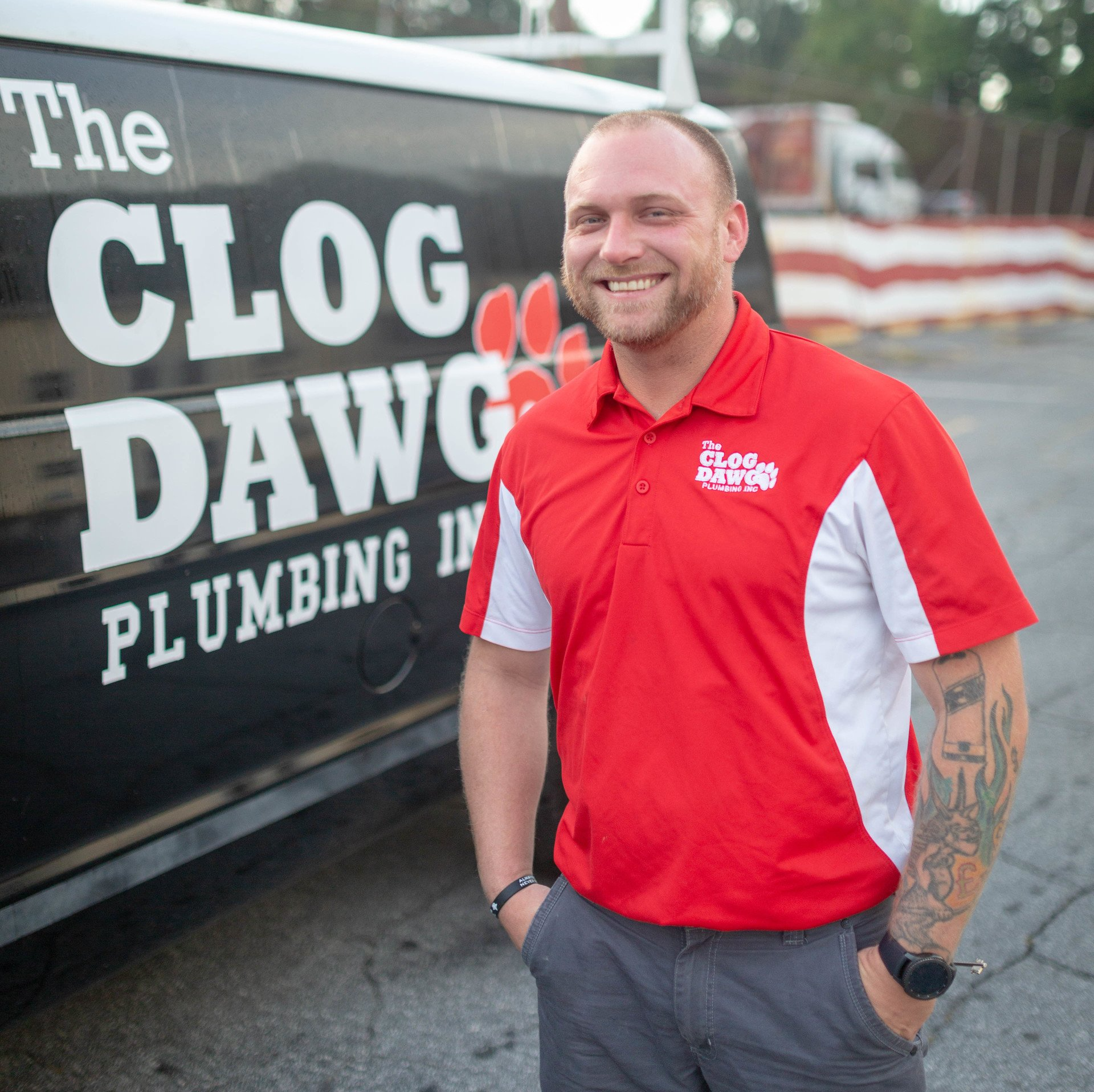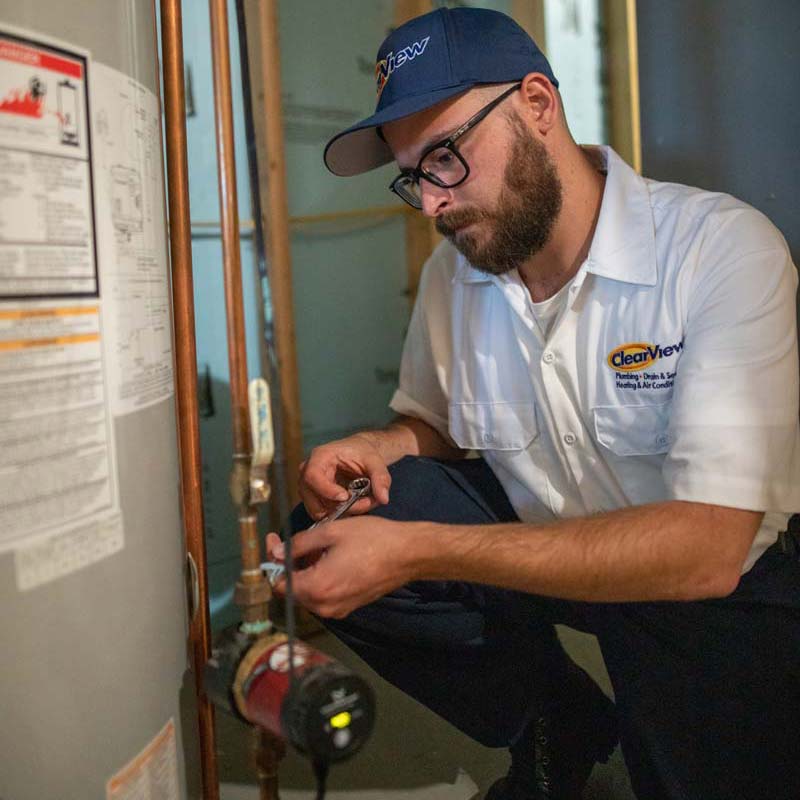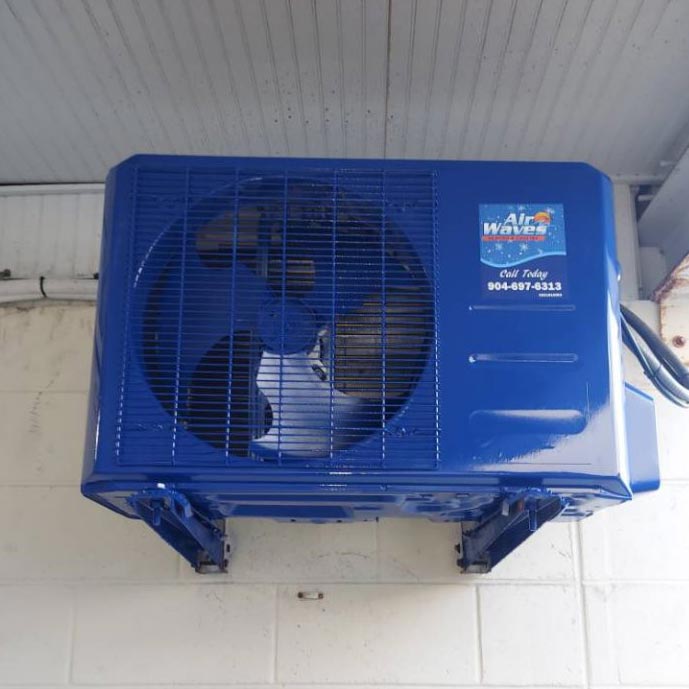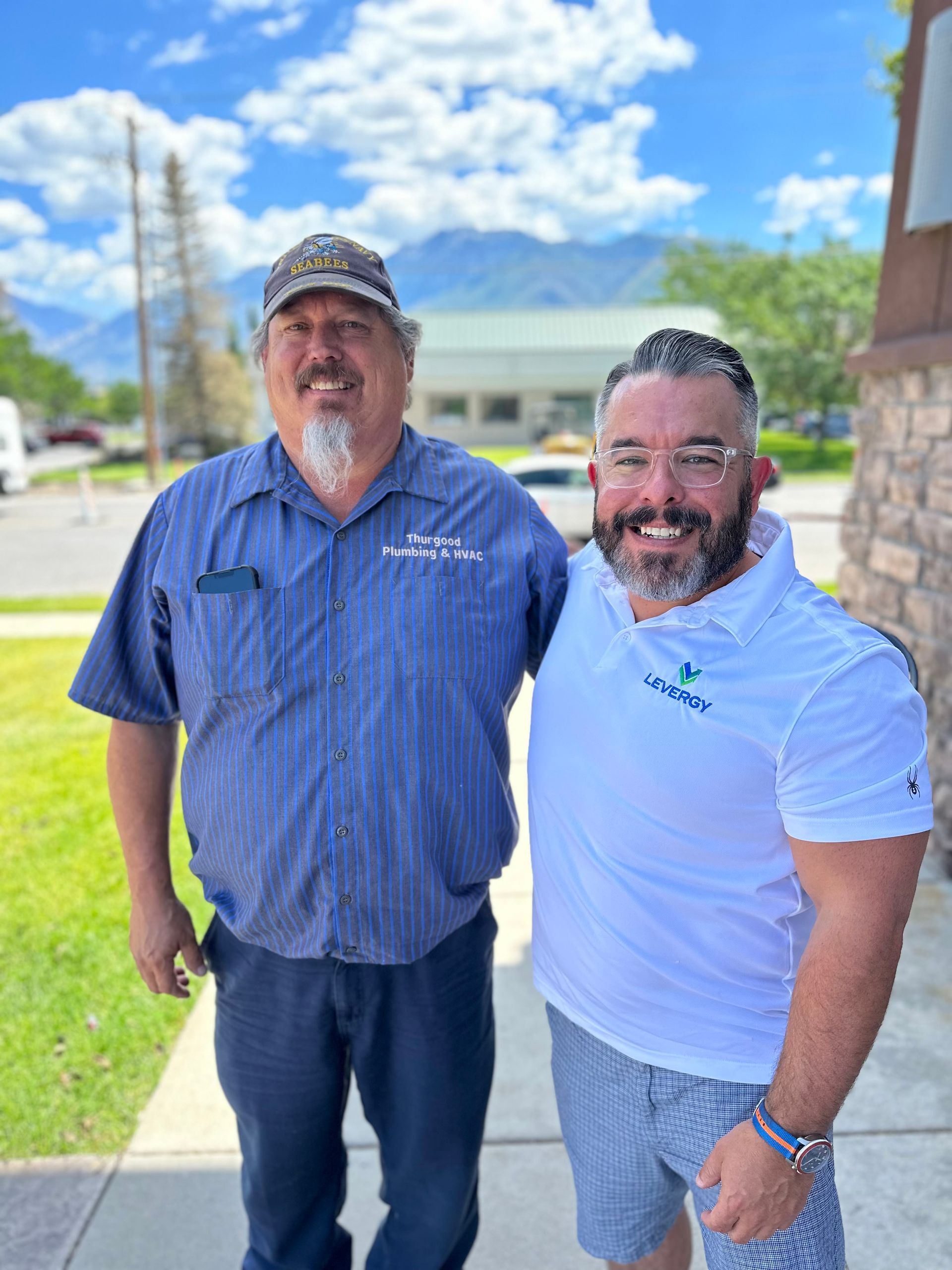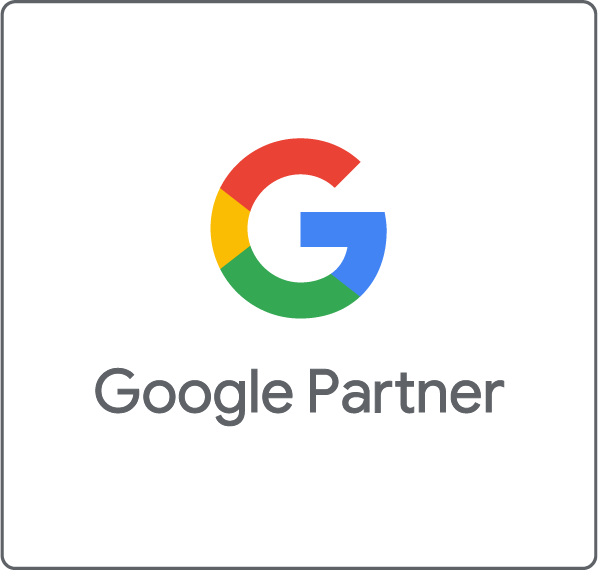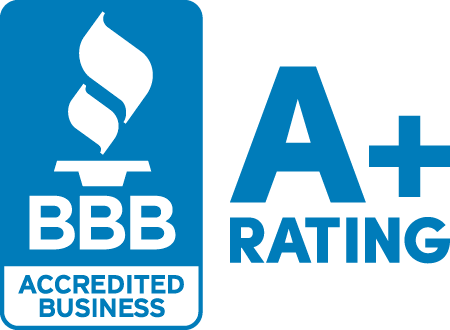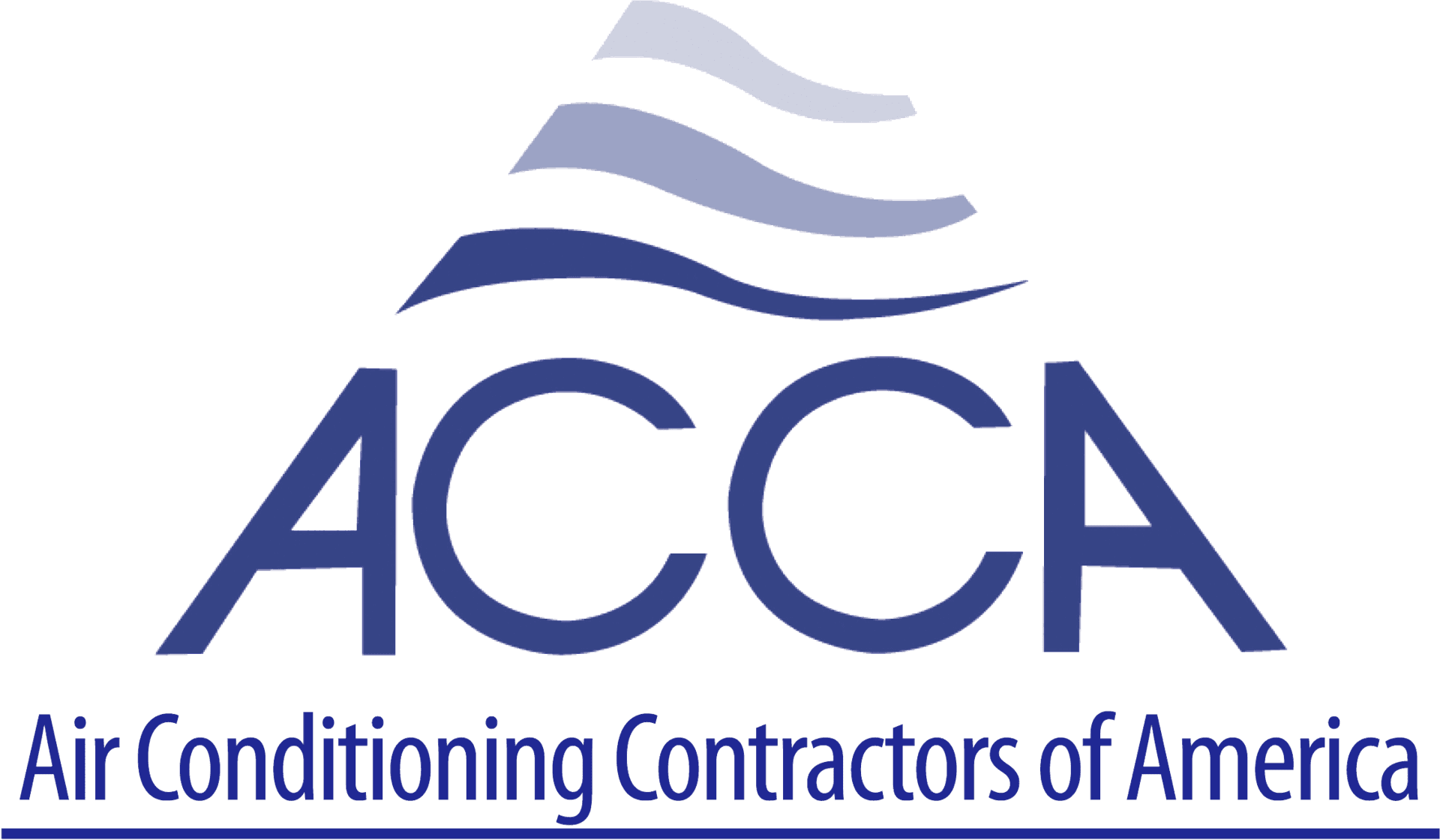SEO for Plumbers & HVAC Companies
Even if the thought of “digital marketing” sends chills down your spine and makes your hair stand on end, you’ve probably at least heard of search engine optimization, or “SEO.” Put simply, SEO is all the stuff you do to increase the traffic you get to your website from search engines.
Let’s use a quick example. Say you live in Omaha, Nebraska and are looking for a cosmetic dentist. You head over to Google and type in “cosmetic dentist in Omaha.” Without getting into too much detail, the listings for dentists that show up first are likely the ones that have used SEO to fight their way to the top of the results pages, taking on other challengers like a search engine gladiator (without all the blood and decapitations).
Fortunately, there’s no gatekeeper or application process to go through if you want to start using SEO. You can get started right now for free.
This article will show you why SEO matters, how to get started if you’re unfamiliar with it, and what to look for as you continue optimizing your site for search engines.
Why is SEO relevant to me?
We know this is the part where a lot of people might start to push back.
“Search engines? We’ve been just fine with old school tactics of getting customers, we don’t need to worry about that.”
Unfortunately, you do need to worry about them, for one big reason: search engines are where your customers are. And there’s a LOT of money on the table if you can make it work.
Statistics show that 97% of people learn about a local company using the internet more than any other resource. Search engines are the main way online prospects do most of that learning. What’s more, people who conduct searches for local businesses usually aren’t just window shopping – especially when they’re on a mobile device like a smartphone. 88% of those who search for a local business on mobile wind up either calling or visiting the business within 24 hours.
Ignoring SEO means simply giving up on a huge pool of potential customers. In many high-volume industries and locations, that’s just not something you can afford to do while fighting for your share of a local market.
The good news? Not only can you get started with SEO right away, it’s one of the most cost effective ways to bring in new business. Even better, since you’re targeting people who are already searching for your business, leads that come in from search engines tend to be better qualified.
Finally convinced that SEO is for you? Welcome to the club! Now let’s talk about how you can start using these principles to work your way up SERPs in your local market.
Getting Started with SEO for Plumbers and HVAC Companies
Let me first note that it’s impossible to completely cover all relevant SEO topics in a single blog post. It’s a huge field: there are entire books and courses designed to break everything down to the nitty gritty.
Our goal here is to just give you a bird’s eye view of all the different elements that go into SEO. We’ve distilled it down to four steps:
Find out where you are
Before you spend lots of time optimizing your site to bring in all that hot, fresh Google traffic, it’s worth putting effort into figuring out where you are currently. You can use a free online rank checker tool to see if any of your important pages are showing up near the top of search engine results. If you have any web analytics tools set up already, check the data to see if any pages are getting more traffic than others. This can provide you with a nice starting point from which to begin optimizing different sub-pages of your website.
Conduct keyword research
Remember before when we talked about how search queries can also be called “keywords”? Keyword research is the process of understanding which search queries are most relevant to your business. In other words, what are your prospects typing into search engines to find companies like yours?
Say you run an HVAC company in Chattanooga, TN. Here are a few common examples of keywords searched by people who need your services:
- HVAC in chattanooga
- Best HVAC companies in chattanooga
- ac repair chattanooga
- Top HVAC contractors TN
- air conditioning repair in eastern tennessee
If you provide a specific kind of HVAC service – like restoration of systems in older homes, for example – these terms may also be involved in searches for your company.
You should start your research by putting together a list of all the keywords you think might be relevant to your business, with the above examples as a model. From there, you’ll need to use some kind of keyword research tool to see which ones drove the most traffic. Check this link for more information on keyword research.
Publish content regularly
One of the most important parts of good SEO is publishing new content regularly. Google places a high value on fresh content, since it should in theory be more relevant to the current needs of users.
The easiest way to regularly publish content that drives SEO is with a blog. While it does take some time and effort to create and execute a plan for a blog, not only will it help you get discovered on search engines, it can also help you establish authority in your niche. Want to know more? Check out our in-depth post on the benefits of blogging.
Optimize your pages
As you learn about the most relevant keywords and begin publishing new content that helps your SEO, you’ll need to make sure every page is properly optimized for search engines. That means including keywords at an appropriate rate throughout the text, using all relevant header and meta HTML tags, and making sure every page loads fast enough. For a more complete list of on-page SEO factors, check out this guide.
One Great Trick to Help Your SEO
I know this is a lot to absorb, especially if you’re a complete newbie to SEO. Fortunately, there are tons of awesome resources available online that can help you understand everything you need to know to properly optimize your site and attract new business from search engines.
But if all this sounds like Greek to you, there’s an easy way you can improve your site’s SEO without becoming a wizard of optimization: find an expert to help. With assistance from a company that has years of experience helping plumbing and HVAC services get ranked higher on search engines, you can leave the process to a specialist while you focus on the day-to-day operations of your business – and handling all the leads you’ll soon be bringing in thanks to your new-and-improved online presence.
For the record, we’ve helped hundreds of HVAC and plumbing companies crush it on Google over the years. If you’d like some help too, just book a call here.
Was This Helpful?
Sign up here, and we'll automatically email you as we publish new articles that you may find useful.
Was This Helpful?
As Seen In:
Is your website helping or hurting your SEO efforts? Find out now for free.
We've got give-a-damn for days.
When my team talks with new clients, we hear a ton of frustration, overwhelm, and general fed-up-ness.
I'm guessing you can relate.
Maybe you've been trying to figure out all this marketing stuff on your own OR you've handed a crap-ton of money to an "expert" for no apparent reason.
Your phones still aren't ringing like they should.
Your advertising still isn't performing like you expected.
Your website's still not ranking or converting like it needs to.
You can't figure out why... and/or your current marketing "partner" isn't 'fessing up.
We think you deserve better.

Ryan Redding
CEO Levergy
Author of The Book on Digital Marketing for Plumbing and HVAC Contractors
Here's how we'll get you more plumbing, HVAC, electrical, garage door, roofing, or other home service leads:

Tell us what's keeping you up at night.
Let's get on a call so you can tell us where your business is and where you want to go. We'll follow-up with a free, comprehensive assessment and actionable tips.

We'll help you fix it.
If you like what you see so far, we'll put together a customized plan with transparent, flat-rate pricing—and then get to work growing your business.

So you can breathe easy.
Have peace of mind knowing you have a true partner on your side who cares about your success as much as you do.
What you get is important.
How you're treated is what sets us apart.
Culpeper Home Services
"... they always go above and beyond the call of duty. I'm impressed with their work ethic, loyalty, and integrity."
- Russell Furr, President
The Clog Dawg
"[Levergy] understood my specific needs and got the work done—bypassing all the unnecessary nonsense. And now business is booming!"
- Steven Douglass, President
Your mileage may vary.
Better results are here.
Discover how to stop wasting money on marketing that doesn't work, and make your phone ring off the hook.
